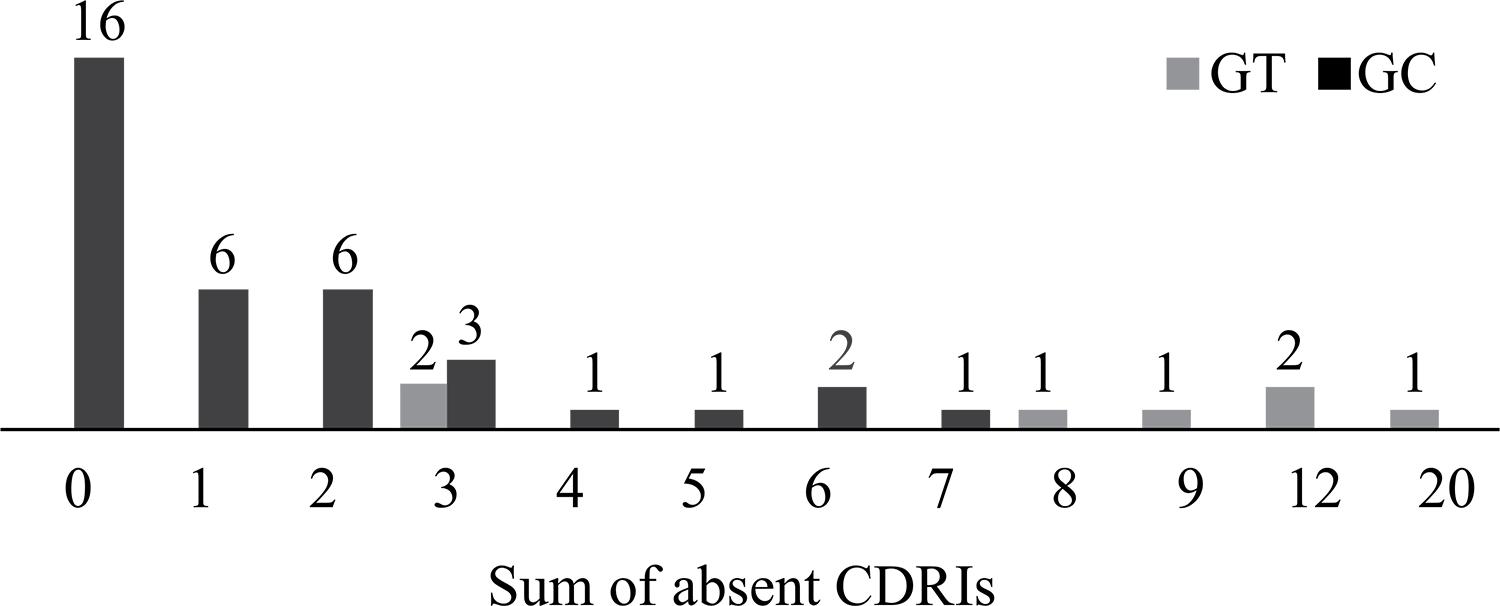This exploratory study investigates the contributions the Clinical Risk Indicators in Child Development (CDRI) may bring for the evaluation of infants who might be considered in autistic development. To do so, results of the evaluation – using CDRI and the Modified Checklist for Autism (M-CHAT) – of 43 babies who were 18 months old were compared. The present study showed that autism is amongst the risks the CDRI detects. The statistical analysis highlights that the axis Subject Assumption (SA) may not differentiate infants who present developmental problems associated with autism from typically developing ones. The Alternate Presence/Absence (PA) axis seems to be the one that most distinguishes these groups of infants. The clinical vignette demonstrates that CDRI can be used as a guide that helps to understand the family dynamics and can guide the interventions made in public health services.
child development; autism; psychoanalysis; public health



